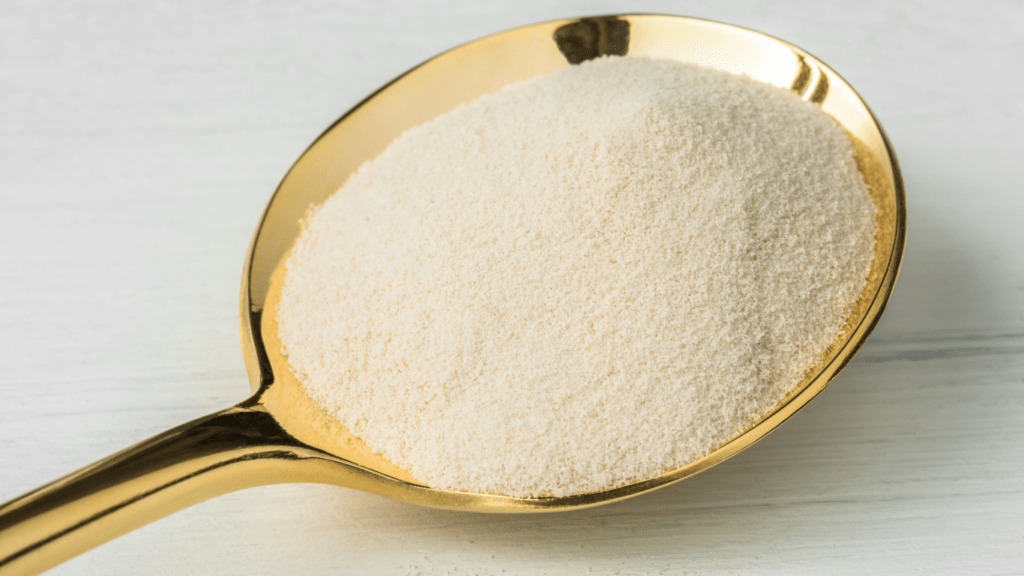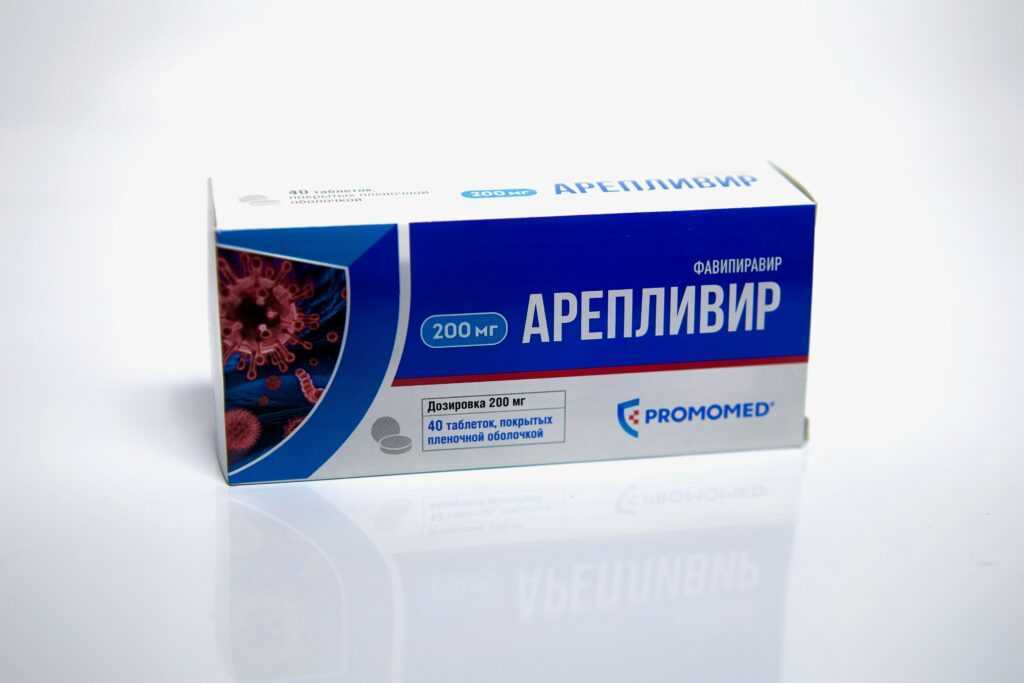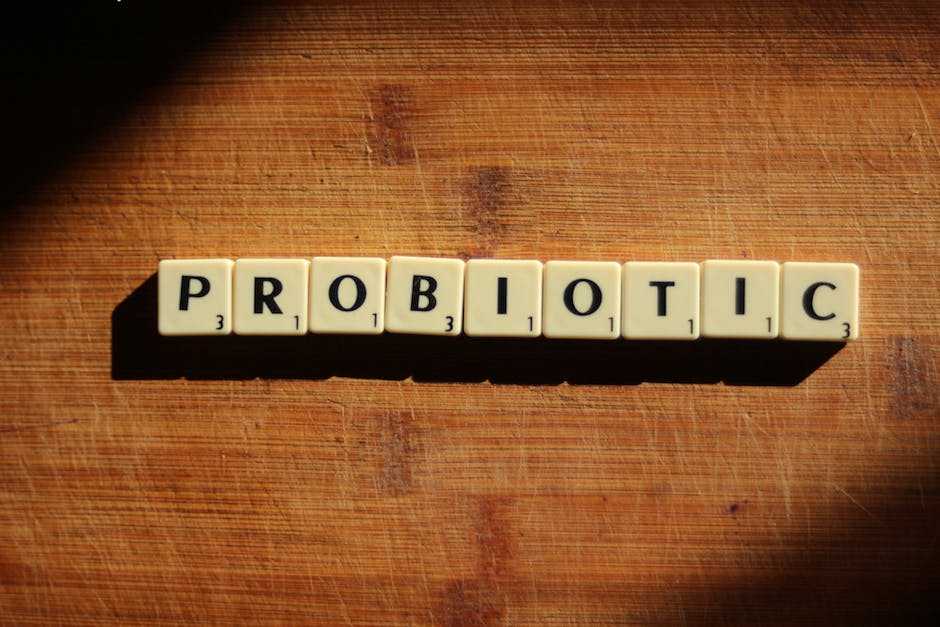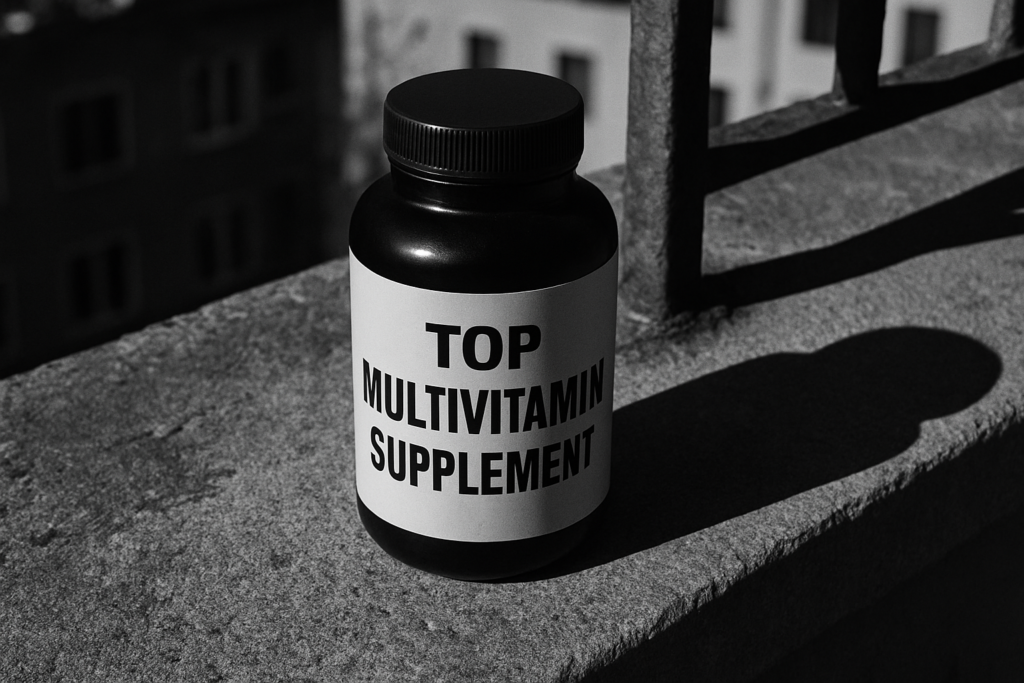Looking to boost your protein intake with plant-based options? In my comprehensive review, I’ll guide you through the top plant-based protein powders on the market. Whether you’re a fitness enthusiast, vegan, or simply looking to explore plant-based alternatives, finding the right protein powder can be a game-changer for your health and wellness journey.
I’ve sifted through the myriad of plant-based protein powders available, considering factors like taste, texture, protein content, and ingredient quality. From pea and hemp to soy and rice protein powders, I’ll share insights on the best options to help you make an informed choice. Get ready to discover the most effective and delicious plant-based protein powders that align with your dietary preferences and fitness goals.
Overview of Plant-Based Protein Powders
In this section, I’ll delve into the diverse world of plant-based protein powders, providing a detailed overview of these nutritional supplements. Plant-based protein powders have gained popularity among various individuals, catering to the needs of fitness enthusiasts, vegans, and those looking to add more plant protein to their diet. These products offer a range of benefits, including being a rich source of essential amino acids, promoting muscle recovery, and aiding in weight management.
Pea protein powder, derived from yellow peas, stands out for its high digestibility and amino acid profile, particularly rich in lysine and arginine. It is a great option for those with dietary restrictions, including soy, gluten, or dairy intolerance. Hemp protein powder, made from hemp seeds, is another excellent choice, boasting a complete protein source with omega-3 fatty acids. This option is ideal for individuals seeking a nutty flavor profile in their protein shakes.
Soy protein powder, extracted from soybeans, is recognized for its versatility and affordability. It contains all nine essential amino acids, making it comparable to animal-based proteins in terms of quality. Rice protein powder, often hypoallergenic and easily digestible, is a suitable alternative for individuals with sensitive stomachs or allergies to other protein sources. It is low in lysine but can be complemented with other protein sources for a balanced amino acid profile.
By exploring the unique characteristics of pea, hemp, soy, and rice protein powders, individuals can make informed decisions based on their dietary preferences, fitness goals, and nutritional requirements. Each plant-based protein powder offers distinct advantages, making it essential to select the one that aligns best with personal needs and tastes.
Nutritional Benefits of Plant-Based Protein Powders
High Protein Content
Pea, hemp, soy, and rice protein powders are renowned for their high protein content, making them excellent choices for individuals looking to meet their daily protein requirements efficiently. Pea protein, for instance, contains around 24 grams of protein per serving, offering a substantial boost for muscle recovery and growth. Similarly, hemp protein provides approximately 20 grams of protein per serving, making it a great plant-based alternative for those following a vegan or vegetarian diet.
Essential Amino Acids
In addition to their impressive protein content, plant-based protein powders are rich sources of essential amino acids necessary for various bodily functions. Pea protein, for example, is packed with all nine essential amino acids, including lysine, which plays a crucial role in calcium absorption and collagen formation. Soy protein powder is another complete protein source, offering a full spectrum of amino acids to support muscle repair and overall wellness. Incorporating these plant-based protein powders into your diet can help ensure you’re meeting your body’s amino acid requirements without relying on animal products.
Popular Types of Plant-Based Protein Powders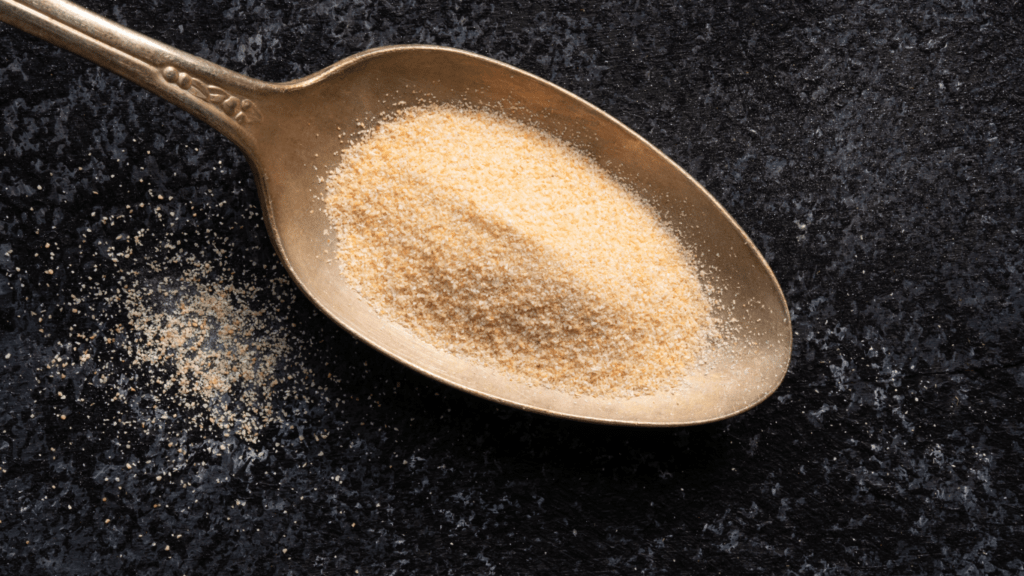
When it comes to plant-based protein powders, variety is key in meeting different dietary needs. Let’s delve into specific types starting with pea protein.
Pea Protein
Pea protein powder has gained popularity for its impressive nutritional profile. With 24 grams of protein per serving, it offers a substantial protein boost. Additionally, pea protein contains all nine essential amino acids, making it a complete protein source. This plant-based powder is not only beneficial for muscle recovery and growth but also suitable for individuals with dietary restrictions like dairy or soy. Pea protein is known for being easily digestible, making it a great option for those with sensitive stomachs.
Considerations When Choosing Plant-Based Protein Powders
When selecting plant-based protein powders, it’s essential to consider a few key factors to ensure you choose the most suitable option. Here is a breakdown of considerations to keep in mind:
- Protein Content: Look for protein powders with adequate protein content to support your fitness goals. Opt for options with at least 15-20 grams of protein per serving for effective muscle recovery and growth.
- Amino Acid Profile: Check the amino acid profile of the protein powder to ensure it contains all nine essential amino acids. A complete amino acid profile is crucial for overall muscle repair and maintenance.
- Allergies and Sensitivities: If you have dietary restrictions or allergies, make sure to select a protein powder that is free from common allergens like dairy, soy, or gluten. Consider options such as pea protein, which is hypoallergenic and easily digestible.
- Flavor and Texture: Consider your taste preferences when choosing a plant-based protein powder. Some powders may have a gritty texture or strong aftertaste, so opt for flavors that you enjoy and textures that mix well in your preferred beverages.
- Certifications: Look for certifications like USDA Organic, Non-GMO Project Verified, or Certified Vegan to ensure the quality and purity of the plant-based protein powder. These certifications indicate that the product meets certain standards and is free from harmful additives.
By considering these factors, you can select a plant-based protein powder that aligns with your nutritional needs, taste preferences, and dietary restrictions. Making an informed decision will help you maximize the benefits of plant-based protein powders in your fitness and wellness journey.
Comparing Top Plant-Based Protein Powders
When comparing the top plant-based protein powders, I focus on essential aspects such as protein content, amino acid profiles, and suitability for specific dietary requirements. Understanding these key factors helps me make informed choices that align with my fitness goals and dietary preferences.
Here is a breakdown of the comparison criteria for popular plant-based protein powders like pea, hemp, soy, and rice:
| Protein Powder | Protein Content per Serving | Amino Acid Profile | Dietary Needs Suitability |
|---|---|---|---|
| Pea Protein | 20g | Rich in BCAAs | Allergen-free, Vegan |
| Hemp Protein | 15g | Balanced | Omega-3 and Omega-6 source |
| Soy Protein | 25g | Complete | Muscle growth and repair |
| Rice Protein | 18g | Easily Digestible | Gluten-free, Hypoallergenic |
Considering these factors, I can select the plant-based protein powder that best meets my requirements, whether it’s for muscle recovery, muscle growth, or other dietary needs. Making an informed choice ensures that I can optimize the benefits of plant-based protein powders for my overall well-being.

Mary Norton
About the author:
Mary Norton is a key contributor at My Nutritional Balance Guide, renowned for her insightful articles and creative approach to health and nutrition topics. Learn more
